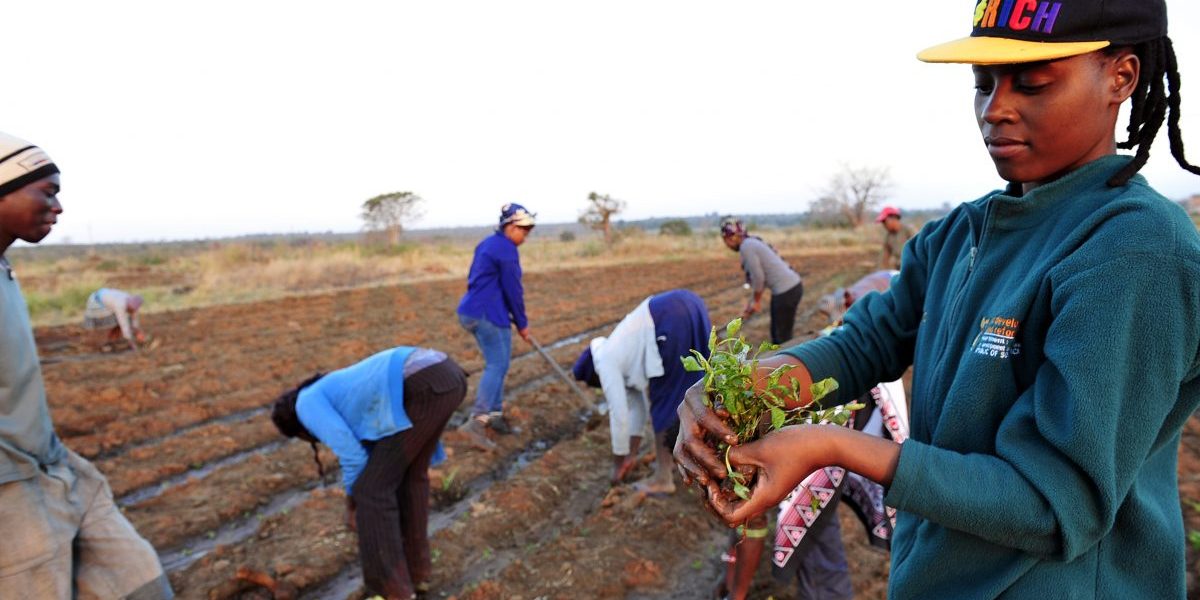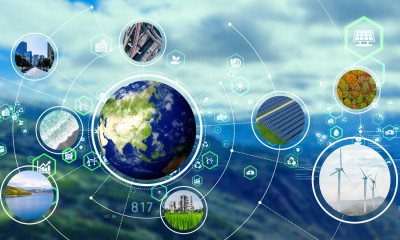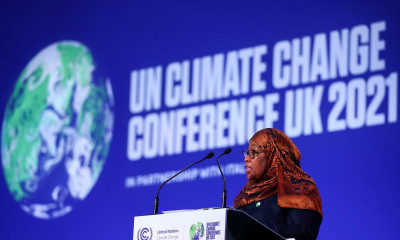All nations are highly dependent on food sources for their basic survival, but current climatic trends are threatening the availability of these resources. As all places are impated by climate change, both rural and urban, it has become more difficult to secure access to food, placing a strain on local households.

Plants and animals are highly dependent on the environment they live in and the smallest change in the environment can impact their own behaviour. Phenology, the study of this process, investigates how plants and other living organisms react to environmental changes, including variations in rainfall, temperature, precipitation, wind, duration of sunlight, humidity, soil temperature, and atmospheric circulation.
As climate change continues to drive a range of environmental variabilities, even the slightest increase in temperature could have a detrimental impact to agricultural systems. Climate scientists warn that an increase of temperature will lead to unsuitable conditions for growing traditional crops, and many varieties of plants could be lost in this process. This poses a serious problem for subsistence farmers who depend on these crops and it will have a severe impact on developing nations around the world. Many animals also depend on these plants and if they are lost, the animals themselves will either be forced to migrate, or will simply die out.
Phenology now aims to assess the impact of climate change on ecosystems, using data on various stages of flowering and leaf development (shoot growth) to report on notable changes associated with the climate. This has important implications for poverty – in order to mitigate poverty we need to maintain the environment of our food sources. The increasing threat of low food supply could lead to another poverty surge.
Eradicating poverty in all its forms remains one of the ultimate challenges facing the human race. Though the number of people living in extreme poverty has decreased by more than half from 1.9 billion in 1990 to 836 million in 2015, too many people are still struggling to meet the most basic human needs. The impacts of climate change will be felt most by people at the grassroots, who lack the resources to be resilient to the new climatic conditions they find themselves in. If food sources are lost, the challenge of addressing poverty will only increase.







